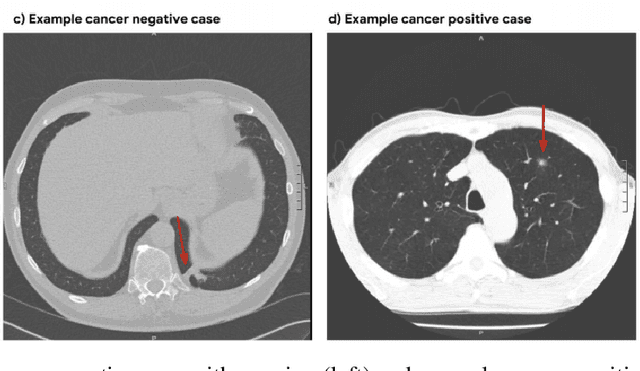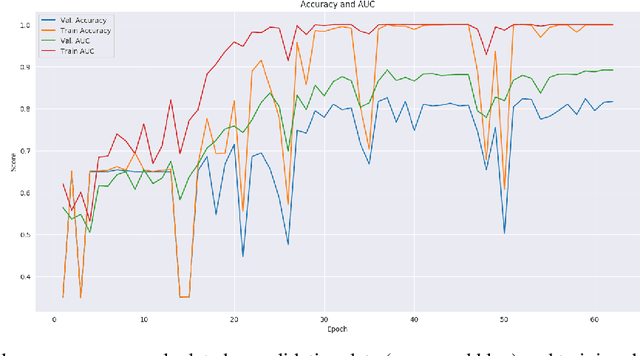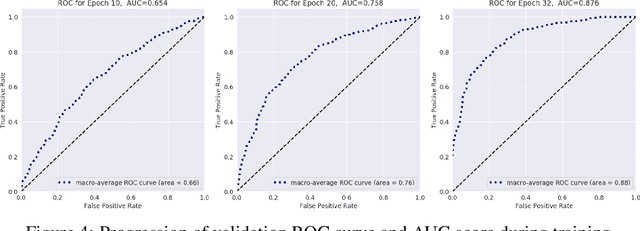3D Neural Network for Lung Cancer Risk Prediction on CT Volumes
Paper and Code
Jul 25, 2020



With an estimated 160,000 deaths in 2018, lung cancer is the most common cause of cancer death in the United States. Lung cancer CT screening has been shown to reduce mortality by up to 40% and is now included in US screening guidelines. Reducing the high error rates in lung cancer screening is imperative because of the high clinical and financial costs caused by diagnosis mistakes. Despite the use of standards for radiological diagnosis, persistent inter-grader variability and incomplete characterization of comprehensive imaging findings remain as limitations of current methods. These limitations suggest opportunities for more sophisticated systems to improve performance and inter-reader consistency. In this report, we reproduce a state-of-the-art deep learning algorithm for lung cancer risk prediction. Our model predicts malignancy probability and risk bucket classification from lung CT studies. This allows for risk categorization of patients being screened and suggests the most appropriate surveillance and management. Combining our solution high accuracy, consistency and fully automated nature, our approach may enable highly efficient screening procedures and accelerate the adoption of lung cancer screening.
 Add to Chrome
Add to Chrome Add to Firefox
Add to Firefox Add to Edge
Add to Edge